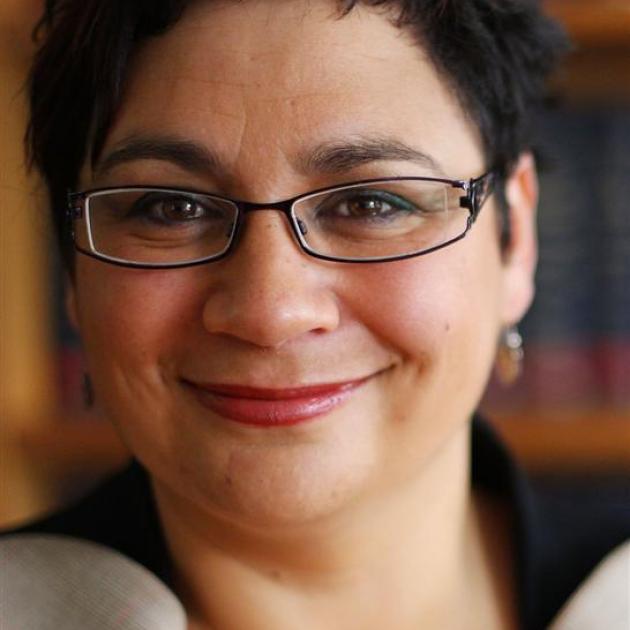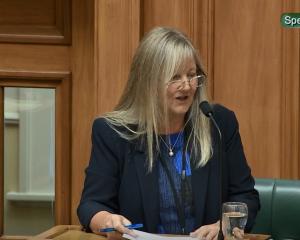
A new Unicef report measuring the gap between "average" children and the poor has ranked New Zealand 35th out of the 41 OECD countries in educational achievement courtesy of its bad Programme for International Student Assessment (Pisa) results in 2012.
The Unicef report "Fairness for Children" contained league tables of the gaps in income, education, health and quality of life in the 41 OECD countries.
The assessment was done according to Pisa results between 2006 and 2012 and showed the gap had increased over that time. It found that across the OECD, children from poor backgrounds were 18 percentage points more likely to achieve low results than the average child.
In New Zealand, that was about 21 percentage points. It also ranked New Zealand 17th in income inequality but New Zealand was not included in the analyses of health or life satisfaction.
Deborah Morris-Travers, Unicef's New Zealand advocacy manager, said the gap in educational achievement was a concern.
"We know that educational success depends so much on a child's health, the income of families and their ability to provide educational input and opportunities."
Ms Morris-Travers said childhood had a significant impact on the life that child would experience as an adult. Those impacts could be mitigated by effective Government policy.
The Government is yet to respond to the report, which is based on outdated figures and a year in which New Zealand did badly in the Pisa results.
Pisa is the assessment system used across 65 countries to evaluate 15-year-olds every three years. The last report in 2013 showed that in 2012 New Zealand's average scores in mathematics, reading and science had declined since 2009 and students' performance had declined compared with other countries, although it was still above the OECD average.
At the time, Education Minister Hekia Parata said that was partly because of changes in the education system such as a new curriculum and the need for more investment in improving teacher practice. She said the Government was working on those areas. The next report is due later this year.
Green Party co-leader Metiria Turei said the report showed the Government was not prioritising areas of education which needed it and instead focussing on issues such as charter schools.
"It is a massive indictment that under this Government kids from poorer families have less of a chance of escaping poverty through education than they did before National came to power."
Ms Turei said it was concerning Unicef had not been able to get figures from New Zealand on health or life satisfaction from the Government.
The report by Innocenti, Unicef's research arm, said that across the OECD it was vital to make steps in reducing the gaps in child well-being.
It recommended governments move to protect the incomes of the poorest households and take steps to improve educational achievement as well as putting equity at the centre of moves on child well-being.
- By Claire Trevett of the New Zealand Herald












